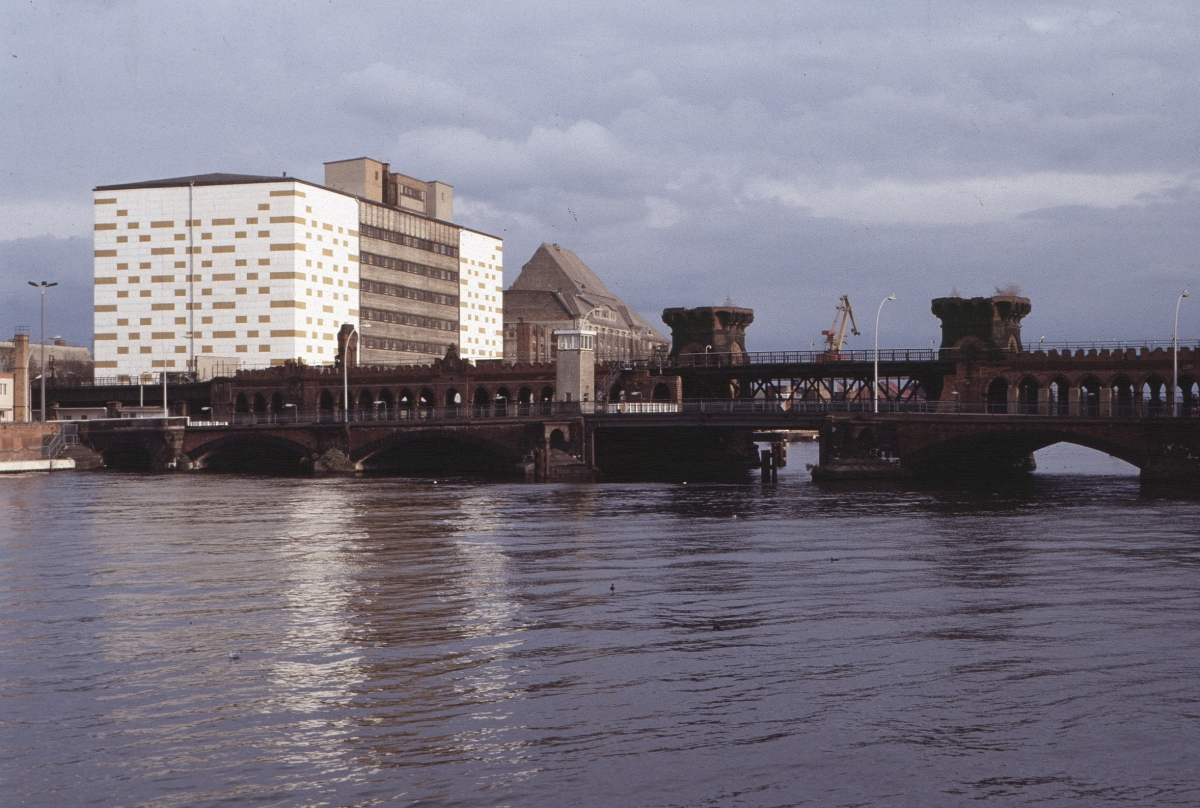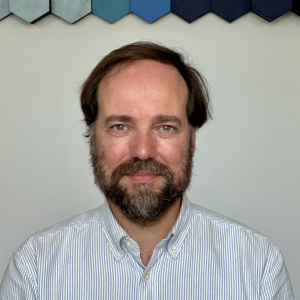Completed PhD project
The two boroughs of Friedrichshain and Kreuzberg were once known as Berlin’s ‘poor house’ on the East Side. They shared similar demographics and history, until the two boroughs found themselves separated by the political divide cutting across post-war Berlin. Thereafter, both followed very different paths during the Cold War under opposing political systems. In 1961, the erection of the Berlin Wall eventually cut most connections between Friedrichshain in the East and Kreuzberg in the Western part of Berlin. After the fall of the Wall, however, the two boroughs started to converge again. In 2001, Friedrichshain and Kreuzberg even merged to form a joint borough in the reunited city of Berlin. This unique historical constellation allows a special perspective on the German partition.
The project attempted to approach the divided German history at a local level while considering not only aspects of division but also shared challenges and mutual reactions on both sides. Thus, this kind of integrated post-war history is not limited to a mere contrasting history of dictatorship vs. democracy but rather explores commonalities, differences and entanglements between Friedrichshain and Kreuzberg.
This project explored the genuinely urban relationship between the public and the private sphere, which developed specific new dynamics and interactions during the years of separation in East and West. An increased withdrawal into the private sphere was paralleled by the formation of new public spheres such as local or counter-publics. Private and public spheres were remodelled, re-occupied and defended against political demands. East and West were linked by a transnational mass media sphere that shaped private lifestyles on both sides of the Wall. For instance, Kreuzberg became a laboratory of liberalisation that heavily influenced the Federal Republic of Germany at large. Friedrichshain, however, lacked the political freedom and social conditions for a comparably expressive privacy and public counterculture to the ‘Gallic village’ of Kreuzberg. Nonetheless, the East Berlin borough of Friedrichshain also generated niches of non-conformist life and solitary counter-publics, which were limited in scope due to the monopolised public sphere under communist rule, but eventually contributed to the peaceful revolution of 1989.
Based on three case studies, the project analysed the relationship between public and private sphere in Friedrichshain and Kreuzberg.d
In sum, these developments resulted in an unexpected rise of Kreuzberg and Friedrichshain. It fully unfolded after the city’s reunification and transformed the two, old working-class districts for the first time in their history into attractive and admired locations. This process was largely based on the historical formation of alternative lifestyles and new public spheres. The question of public and private sphere is still highly relevant in Friedrichshain and Kreuzberg today, as the last chapter on the boroughs’ transformation after 1989/90 reveals. The formerly divided boroughs have merged culturally and socio-structurally. Now they share new challenges such as the privatisation of public space and the gentrification of the meanwhile mostly modernised old urban structures. The origins of this ambivalent development reach back to the period of the German partition. Studying the divided past of Friedrichshain and Kreuzberg thus contributes to a historical understanding of our present time.
PhD defended successfully: 19 July 2016, FU Berlin
Publication:
Kiezgeschichte. Friedrichshain und Kreuzberg im geteilten Berlin, Göttingen 2017.
Published in the ZZF-series "Geschichte der Gegenwart", Bd. 16.


